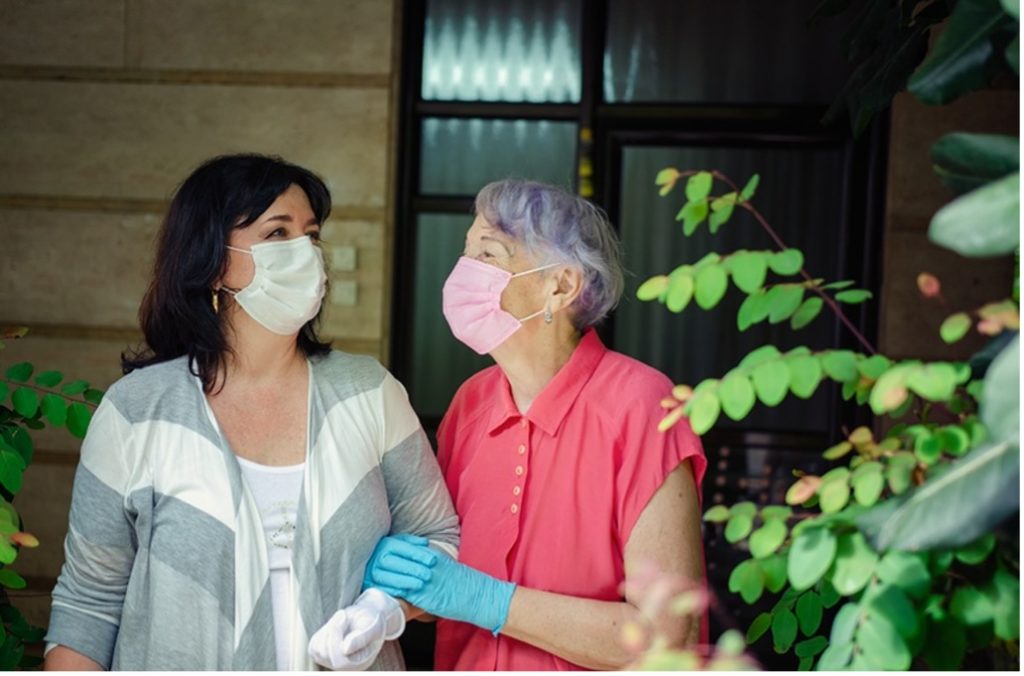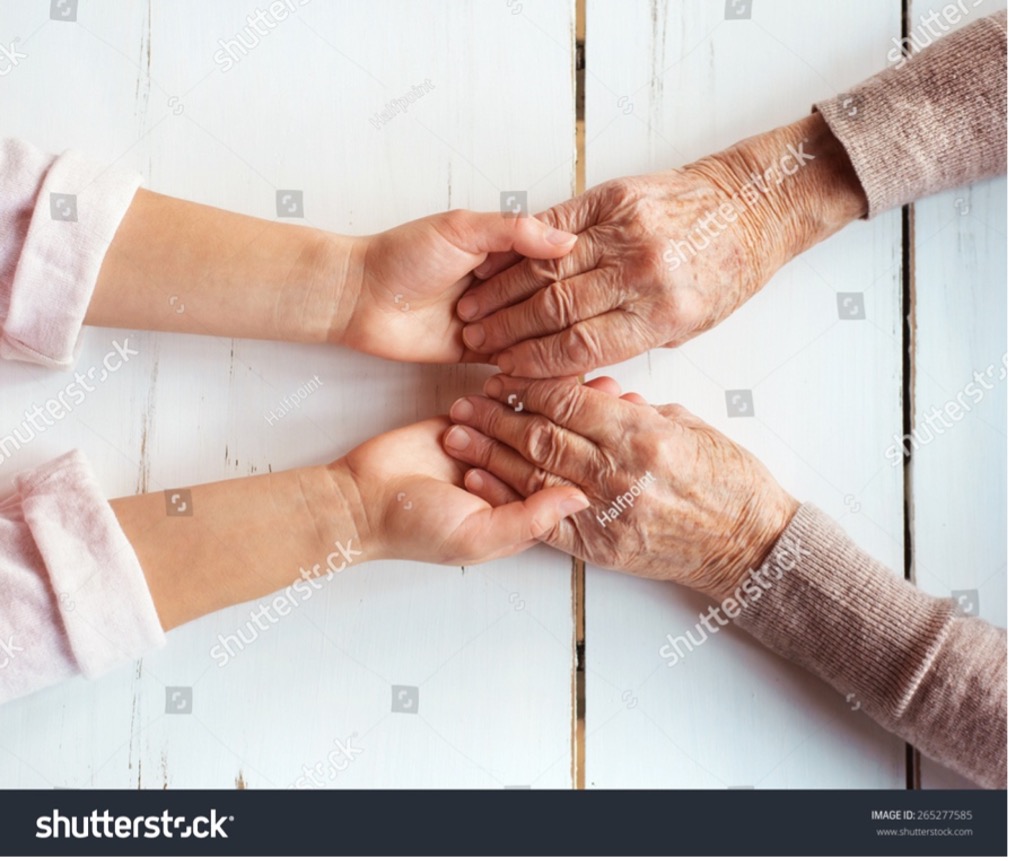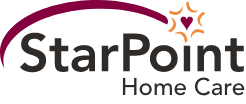Providing Help with Heart: “I Thank God for Mom’s Caregivers at This Time!”


Seniors rely on their caregivers for many things, including coronavirus protection, an increased sense of independence, and an extra set of eyes—but companionship may be the most important reason to bring an aide into one’s home or residence.
When Reality Hits Hard, Senior Home Care a Must
In May of 2017, Evelyn Seltzer was living in Boca Raton, Florida, and her daughter, Amy Perlman, was living in Cincinnati. Perlman was Seltzer’s only living child, and with a thousand miles separating them, she had become familiar with the strain of being a long-distance caregiver. The arrangement worked for a time, but then came May of 2017, and the day Perlman learned her mother was in a Boca Raton hospital with severe lung inflammation. That was the moment Perlman realized that—for her mom’s safety and well-being—professional home care would be needed.
StarPoint Caregivers Provide Lifeline for Senior in Need
“Mom was discharged from the hospital too soon,” Perlman stressed. “She was in a weak and debilitated condition.” With the help of Jewish Family Services, in Boca Raton, Perlman was able to hire qualified, private-duty aides for her mother, and with their care and oversight, she was given the time she needed to recover. A few months later, she was healthy enough to move to Cincinnati, where aides from Cedar Village Home Care (now StarPoint Home Care, a subsidiary of Jewish Family Service) continued to provide excellent care. “And now three years later,” Perlman added, “Mom’s StarPoint caregivers are simultaneously her lifeline and my security blanket.”
Planning Senior Safety During Crisis Unwise
Perlman’s experience may have ended well, but professionals warn against making important, life-stage decisions for seniors, while under duress. “When people are making choices about getting help for their mom or dad in a point of crisis, they don’t always make great decisions,” said Ann Sutton Burke, Vice President of Client Services at Jewish Family Service of Cincinnati.
Frequently, family members try to “solve” a loved one’s health crisis by stepping into the role of caregiver, but this choice carries other risks. “Sometimes, the health of the family caregiver will decline more rapidly than the family member they’re taking care of,” said Burke. If that occurs, it can make a bad situation worse. “When adult children or a spouse are doing all of the caregiving themselves, not only does their health deteriorate, but their stress level gets so high that they just can’t do what’s necessary to help their loved one,” Burke added.
Family Caregivers Learn Senior Care Is Challenging
Unfortunately, the coronavirus lockdowns have only increased the number of family caregivers. As Director of StarPoint Home Care Debbie Balk explained, “When the lockdowns started, a lot of people cancelled their in-home caregivers. They were telling us, ‘Hey, we’re not going in to work—we’ll help Mom and Dad. And that will also help decrease their odds of getting the infection.’ However,” Balk noted, “we’re now seeing that family members are exhausted. Caregiving is hard work and people are seeking help—for themselves and their aging loved ones.”
It’s extremely reassuring to know that my mother has, not just help, but company. Lovely, caring people who are her companions and friends, Mom’s aides have become a really important part of her life over the time that they’ve been helping her.
— Sindy Wayne, daughter of a StarPoint client
Professional Home Care Offers Myriad Benefits
A recent University of Pittsburgh study backs up Balk’s observation. Among its conclusions, “Family caregivers report that the pandemic has increased their caregiving responsibilities, and that providing care is more emotionally, physically, and financially difficult.” The study further recommends, “During this public health crisis, family caregivers should receive increased support and assistance, and be specifically targeted in policy discussions and intervention/ program planning.”
While professional in-home caregivers can provide the added support the Pittsburgh study calls for, their presence in a home offers additional benefits. Aides can add a layer of protection against the coronavirus—either by shielding senior clients from the health risks errands can pose, or by extending the time they can remain independent and age in place. “Having a paid caregiver run errands, do grocery shopping, or pick up prescriptions can reduce an older adult’s risk for infection,” Burke said. “But a lot of people are also concerned about moving into a facility during this pandemic, so bringing in professional home care allows them to stay in their homes as long as possible.”
Private-Duty Aides Can See What Family Might Not
When it comes to the basic health of their clients, aides also offer the advantage of a fresh perspective. “While our private-duty aides are not doctors or nurses,” Balk granted, “they are trained caregivers who know when something is not quite right with a senior care client. They can observe what is really going on.” This is the case even when in-home caregivers are introduced slowly or on a trial basis. “It’s true,” Balk affirmed. “Our caregivers quickly notice things family members may have missed or become used to.”

Looking out for the safety and well-being of the seniors under their care is a key role for a StarPoint caregiver. However, providing simple, heartfelt companionship is equally important.
Beyond Senior Safety: Companionship!
But perhaps the greatest contribution of in-home care is the companionship. Sindy Wayne, like Perlman, is also the daughter of a StarPoint client, and she believes these relationships are critical. “It’s extremely reassuring to know that my mother has, not just help, but company,” she said. “Lovely, caring people who are her companions and friends, Mom’s aides have become a really important part of her life over the time that they’ve been helping her.”
Perlman shared a similar passion for her mother’s StarPoint caregivers. “From the day Mom first moved here—just prior to Rosh Hashanah, 2017—her aides have not only provided her day-to-day care, but they’ve also provided her companionship,” Perlman said. “Mom is a very social and chatty person, and she needs the socialization from her aides. It’s a huge burden off my shoulders—not having to worry about her being affected by loneliness. I thank G-d for Mom’s caregivers at this time! I can’t even imagine what her life would be like without them.”
